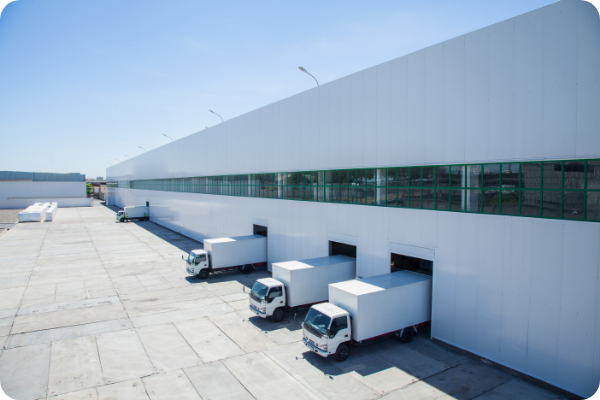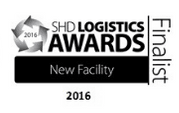Rising wages, diminishing workforce, and an undeniable e-commerce boom, are just a few of the trends, predicted to continue to occur, throughout 2020 and beyond.
Instances of increased online shopping, and ever-evolving consumer demand, for a more digitised retail experience however; are together, proving to be responsible for the shortage of delivery drivers.
As consumer supply and demand thrives, delivery drivers are in short supply, and as such, plans for replacements in the form of driverless automation, are being proposed as an extension of business continuity planning and ‘business as usual’ within the Supply Chain industry.
Implemented to overcome the ongoing, heightened, consumer challenges; in conjunction with the foreseen eventuality of driver and labor shortages proposed to rise; it is not only transport operations roles within the Logistics sector, but also warehouse functionality roles; that are being introduced, to more collaborative methods of management in the form of automated processes.
An automated or semi-automated way of managing and moving inventory within a facility; warehouses are increasingly adopting automation technologies, to meet ever increasing, consumer fulfilment requirements.
The increasing variability of the characteristics of today’s e-commerce industry, is thought to be just one factor upon which retailers and other distribution operations, are basing their decision to source more adaptable and scalable logistics solutions to meet the Supply Chain demands.
The use of autonomous mobile robotics for example, is predicted to continue. ‘Cobots’ collaborative robots, are quickly becoming installed and common place, within warehouse facilities, utilised to share the workload of originally human only labor; whilst trials of driverless vehicles are subsequently being carried out throughout the world, although not in great numbers at present.
Whether it be an automated vehicle, or automated processes within a warehouse, intelligent technologies essentially exist to enable those within the supply chain to access timely and accurate data through an online application.
Also possessing the ability to eradicate disparity which can often occur between systems communications; automation technology is highly praised and implemented within warehouse operations, as it very often, not only minimises, but prevents potential errors, whilst in turn increasing efficiency.
Skilfully, machines are performing alongside humans, enhancing their performance, of accuracy and outputs, which humans alone, could not achieve.
The Supply Chain Consulting Group (SCCG) team are experienced logistics and supply chain professionals, who have worked closely with clients, across a range of sectors and countries, and have successfully improved or expanded their warehouse and distribution centre operations, providing capacity and productivity solutions, in fast-changing business environments.
With continuing pressure on warehouse labor costs and availability, The Supply Chain Consulting Group recognises that interest in warehouse automation and mechanisation continues to increase.
In recent years the growth of e-commerce and the expansion of many companies into foreign markets have brought new challenges to warehouse operations; as such the SCCG team helps companies with automation requirements, within a mixture of manufacturing, storage, and distribution projects. Our team are experienced in delivering warehouse mechanisation and automation projects across general merchandise, fashion, FMCG, and food and industrial sectors.
It is more important now, than ever, for companies to be adopting a digital supply chain. Based on SCCG’s experience of automated warehouses and associated capital and operating costs, by installing automation technologies, we help to provide companies with financial payback, whilst simultaneously delivering additional technological advantages.
The Supply Chain Consulting Group aim to implement automated technologies within their clients’ businesses if is appropriate and a full assessment of automation and mechanisation requirements is made on a cost to serve basis. The suitable options for mechanisation and /or automation will be presented if it can modernise and optimise areas like goods put-away, replenishment, picking processes and improve overall efficiency, in line with the client’s investment return policy.
By suggesting specific examples of automation and mechanisation that may work well in an existing or new operation, whilst presenting indications of capital costs and the effect on operating budgets; The SCCG team can help your business to introduce ever-newer technologies, to stream-line processes, and improve accuracy both within warehouse and logistics networks operations.
The requirement for the adoption of an automated supply chain is predicted to steadily continue to emerge throughout 2020 and beyond.














